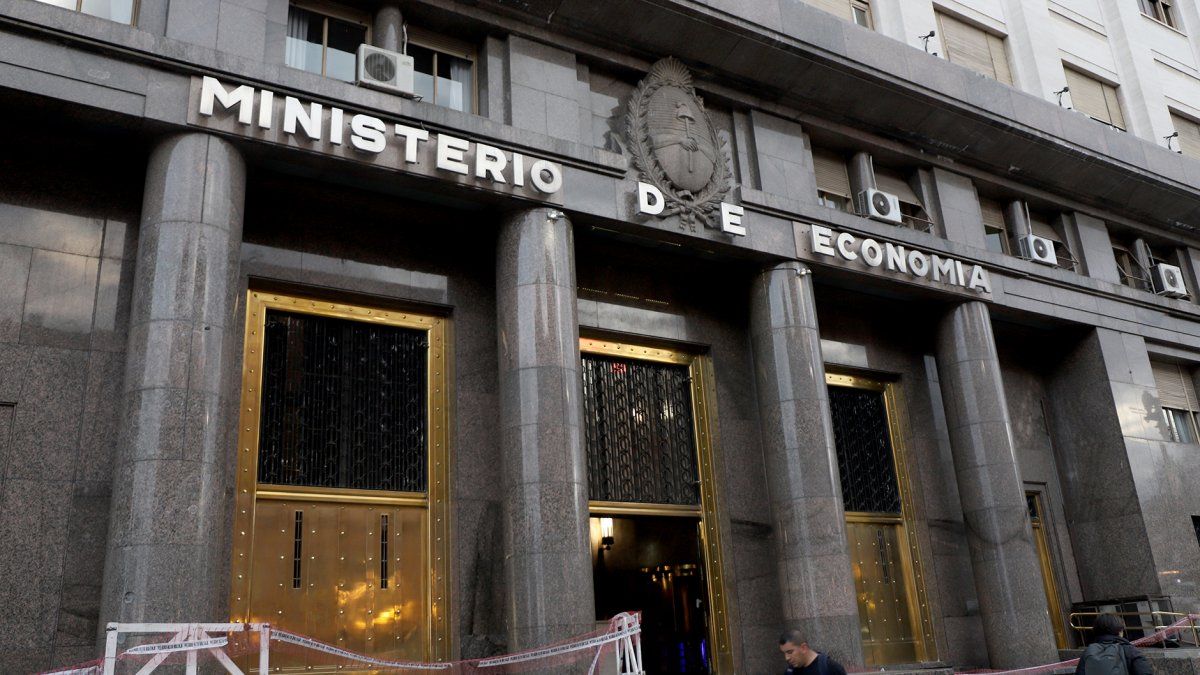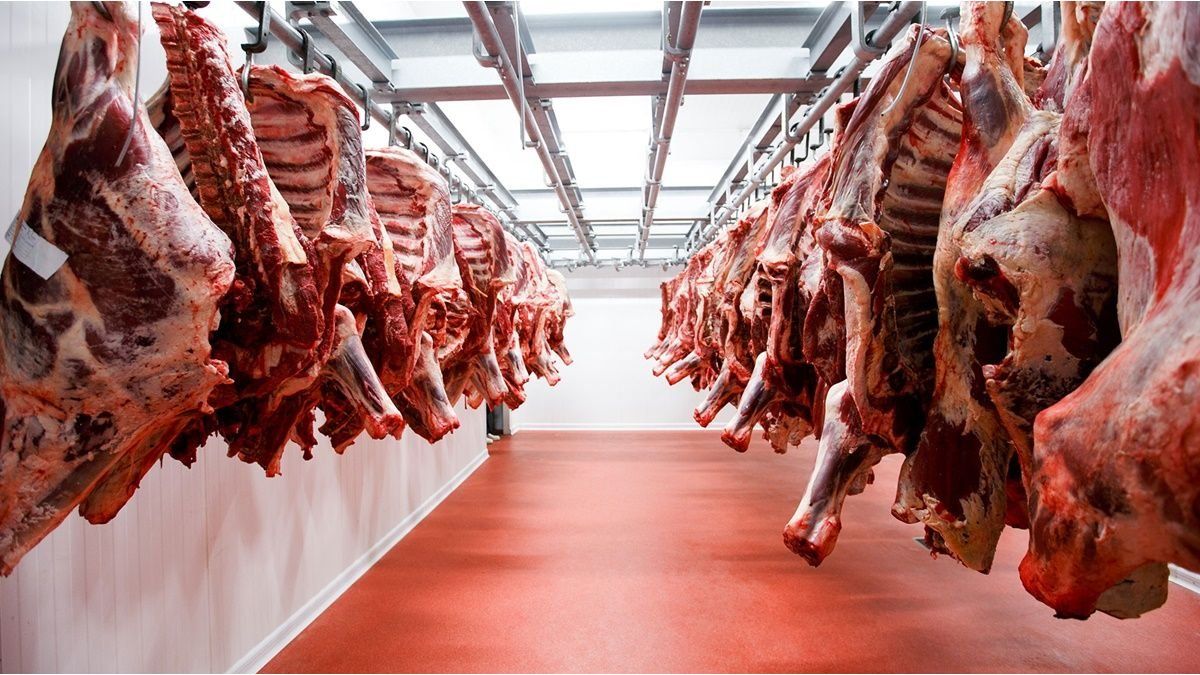In the past month, primary spending amounted to $1.65 trillion, which explains a growth of 77.9%, that is, 14.5 points less than the year-on-year inflation for the period. “The accumulated primary spending of the National Public Sector in the January-November period showed a 73% year-on-year variation compared to the same period of the previous year, thus consolidating a process of deceleration of real primary spending for the fifth consecutive month,” reported Economía.
Since the arrival of Sergio Massa at the Palacio de Hacienda, the Government has made a 180 degree change of direction. During the first semester, While Martín Guzmán continued in the Economy portfolio, State expenditures grew by an average of 12% in real terms. With his departure from the Cabinet, first with the internship of Silvina Batakis, and then with Massa, expenses began to fall at a real rate of 15%.
Meanwhile, among the main Expenditures in November include social security benefits, with $590,490.7 million (77%). On the other hand, remunerations registered a variation of 93.5% as a result of the increases granted within the framework of the salary agreements reached.
On the other hand, energy subsidies grew by $26,121.9 million (26.6%), where transfers to the Wholesale Electricity Market Administration Company (CAMMESA) for $58,285.8 million (98.3%) stood out.
Total revenues amounted to $1.42 trillion in November and presented an interannual variation of 79.4% compared to November last year. In this way, “tax revenues reached $1.26 trillion (83.4%), driven mainly by social security resources and those associated with economic activity,” reported Economía.
With that, Two days after the IMF gives the go-ahead to Argentina’s third-quarter goals, the Executive is already aiming to meet the fiscal goals for the fourth quarter, and with it the end of 2022.
Eugenio Marí, chief economist of the Libertad y Progreso Foundation, indicated that despite the increase in spending in December, the Government “will meet the goal, due to the effect of the income from the soybean dollar.”
He recalled that the agreement with the IMF allows Argentina a flexibility of 0.2 points of GDP in deficit, as long as it can be covered with disbursements of credits from international organizations. However, he warned that the Government “continues to accumulate imbalances” in public accounts.
Meanwhile, the Center for Argentine Political Economy (CEPA), led by economist Hernán Letcher, pointed out that “with a month to go before the end of the year, the fulfillment of the December goal with the IMF seems feasible mainly due to the extraordinary collection that the second implementation of the soybean dollar will bring”.
On the other hand, yeah in the first week of December andhe Treasury Palace shows signs of having deepened the spending adjustment policy, even in a month in which more is spent seasonally due to the payment of Christmas bonuses. According to estimates by the consulting firm Analytica, spending fell 24% in real terms compared to November, and 52% compared to the same week in December 2021.
Source: Ambito
David William is a talented author who has made a name for himself in the world of writing. He is a professional author who writes on a wide range of topics, from general interest to opinion news. David is currently working as a writer at 24 hours worlds where he brings his unique perspective and in-depth research to his articles, making them both informative and engaging.




